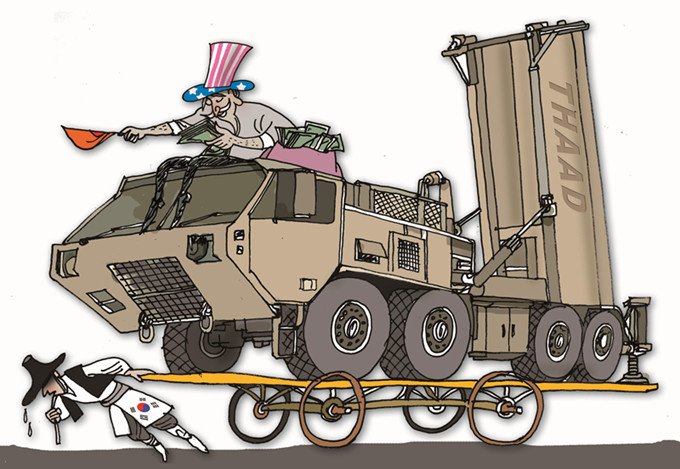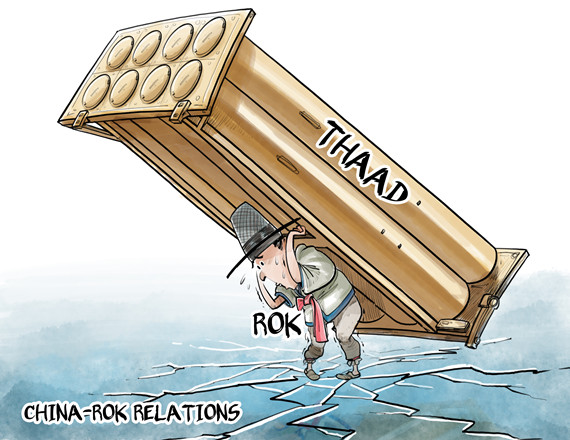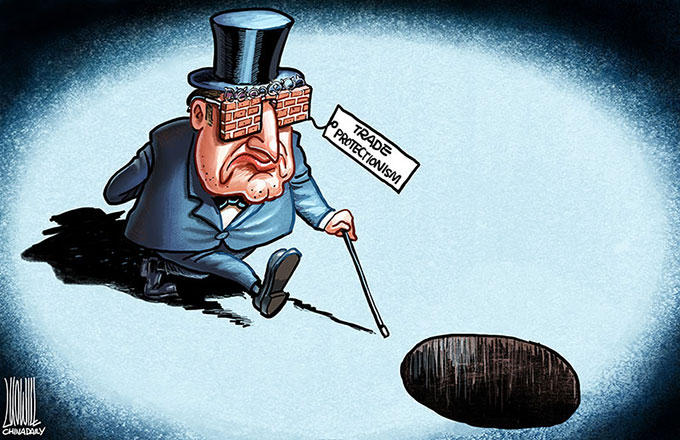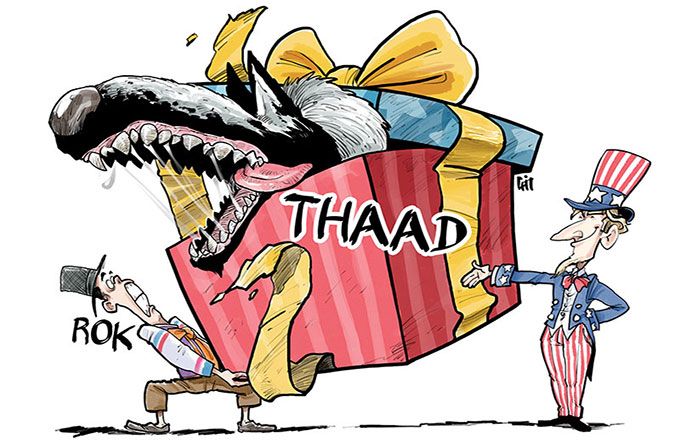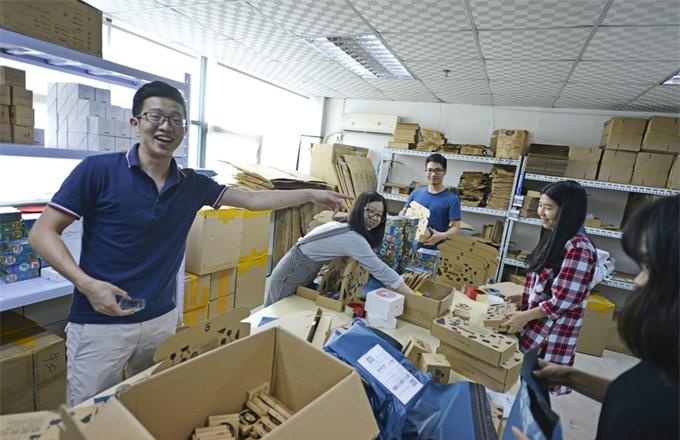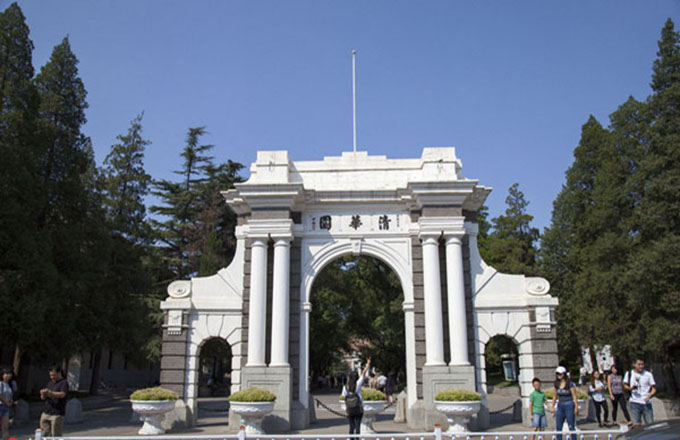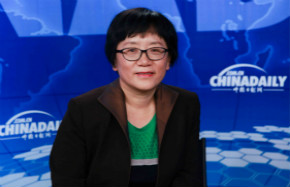Tough test awaits Maduro
The oil industry is the lifeblood of Venezuela's economy. The country's oil cooperation strategy is aimed at diversifying its oil export destinations, and the Maduro government will maintain Chavez's open policy of foreign cooperation. The excessive "politicization" of the Venezuela National Oil Company, and its debt burden and not-so-good competitive efficiency, however, could hinder the development of the country's oil industry.
In foreign policy terms, Chavez's anti-American diplomacy and alliance with the Latin American left has had a huge impact on Latin America's geopolitics. Since Venezuela has to maintain political and economic stability, and secure its oil exports, Maduro's foreign policy goal would be to create a favorable regional environment.
The Maduro government is, therefore, likely to consolidate its relations with Latin American left allies and improve ties with Latin American powers, including Colombia and other neighboring countries. The strengthening of relations with Latin American countries will help the Maduro government resist external interference in Venezuela's internal affairs. Nevertheless, Maduro has to change some of the cooperation mechanisms, such as the Bolivarian Alliance for the Americas and the Caribbean oil programs, to ease the country's financial burden.
Besides, the Maduro government is not expected to intensify its political conflict with the United States because that could jeopardize its oil exports. US-Venezuela relations are complex. Despite the US being the largest importer of Venezuela's crude oil and the largest source of its trade surplus, their political ties are not likely to improve in the short term. The two countries, though, will maintain a stable oil trade, and economic and trade cooperation out of political and economic choice.
Furthermore, the new government will continue using oil diplomacy to actively develop relations with big oil-consuming countries. To improve Venezuela's economy, Maduro has to secure its oil exports, import channels and sources of finance. Also, he has to deepen economic and trade cooperation with China, Russia, India and other countries outside the region.
China-Venezuela strategic partnership will continue to advance, with bilateral economic and trade cooperation, and political ties playing a greater role. Guided by the inter-governmental cooperation, coordination and decision-making framework, China and Venezuela have established a multi-layered cooperation model with energy at its core and fields such as infrastructure, industry, agriculture, science and technology forming the whole.
Owing to the complementary nature of the two economies, China will continue to be an important factor in Venezuela's oil diversification strategy. It will also be an important source of investment and financing for Venezuela. At present, the aim of bilateral economic and trade cooperation is to ensure the smooth completion of the existing agreements. But to consolidate trade relations, Chinese enterprises expect Venezuela to maintain a stable and favorable environment for cooperation, and ensure the stability and continuity of policies.
The author is an associate professor at the Institute of Latin American Studies, affiliated to the Chinese Academy of Social Sciences.
(China Daily 04/19/2013 page9)


